Cette publication est également disponible en :
Français
Shyamala Maisondieu is a truly international perfumer. Born in Malaysia, she studied in London, lived in Hong Kong and followed the courses of the Givaudan perfumery school, first in Grasse and then in Argenteuil. She is now known for her collaborations with brands such as État Libre d’Orange, Tom Ford and Lanvin. After the success of Lancôme’s Idôle, we spoke to her about diversity, equality and inclusion in today’s perfumery, following up on the article published in the eleventh issue of Nez “All inclusive, perfumery and inequality”.
You come from Malaysia, you have worked in Grasse, Paris and Hong Kong, can we say that you are a citizen of the world?
Why not, I like that! Malaysia is a singular country, where three cultures mix: Indian, Malay and Chinese. We were colonised by the Portuguese, then the Dutch, and finally by the British, who left in 1957, that adds to a very rich mix. At the same time, all these cultures exist quite separately. I was born into a Malay and Indian family, which is not very common and not always well seen, especially for religious reasons. However, my father always told me that it was a gift, and it remained a key word for me: I have always tried to make my difference a strength. This can lead to questions about identity of course; when I was younger, I went through a phase where I didn’t want to be called either Shyamala or Suryani, my two Malay and Indian names. I didn’t want to identify with either one. That’s why I think the term “citizen of the world” suits me.
People sometimes talk about “aristocracy” when they mention the perfumers coming from Grasse and their influence in the industry. What is your view of this environment, which you have known since you studied there?
At the Givaudan school in Grasse, I experienced things in a rather special way because it coincided with my discovery of France, and because we were fairly protected. I didn’t feel the weight of the Grasse perfumers, probably because the company is international: there was a Singaporean, a German, French perfumers from Paris, and Antoine Maisondieu who was the only one from Grasse, and who later became my husband. I worked with three different classes and only three students from Grasse. In Paris, where the major part of the team is, the atmosphere is also cosmopolitan. In fact, I had the impression that I was living to the end of the period of power of the Grasse perfumers. During my years of study, Grasse was both a very happy and a very sad town, because a number of firms were closing down to move to Paris. It was a hard time for the people of Grasse. Fortunately, some of the firms have since returned.
What was it like to be recruited once you had finished your studies? Did you sometimes feel that you were confronted with a glass ceiling?
I had two interviews that were very shocking. I am an engineer, I graduated from an English university, so when I came back to Malaysia to look for a job in my field, I went to Petronas, the big Malaysian oil company, and they asked me why I had studied like a man! That was my first confrontation with stupidity… And that led me to explore other fields, which is perhaps why I am in perfumery. But there too I had a bad surprise. I remember an interview for a Japanese company, about twenty years ago. The perfumer in charge of recruitment in Grasse told me, very quickly: “unfortunately our company is Japanese, and the managers don’t want women perfumers”. So I didn’t get the job. A year later, I had another interview, this time with the Japanese director. The perfumer from Grasse had retired… and I was immediately hired. The excuse he gave me was false, the Japanese had no problems with women perfumers, machismo was not where he was pointing! In Grasse, there may have been this mentality in the older generation, but there were also exceptional perfumers.
Is it more difficult to succeed in the international perfumery business if you are a woman, moreover coming from another culture?
At school there were seven women and five men, and I think this is still the general trend today. At Givaudan, in the company, there are as many men as women in fine fragrances. On the other hand, there are more women evaluators, and we recently recruited two male evaluators because we needed more to balance the numbers!
However, I am aware that I am very lucky, it is difficult and rare to get where I am and to work on the most beautiful projects in the world. It has been a long and painful road at times, but all my colleagues have been there. For me, the main difficulties were not related to my skin colour or the fact that I am a woman, but rather to who I was, that is to say the wife of a well-known perfumer. I was very much looked at as ‘the wife of’ and not as a person in my own right. I had to make my own voice heard, which was a bit complicated in my career.
Idôle was marketed as a perfume created by three women, Adriana Medina, Nadège Le Garlantezec and yourself. How did this project go, how did you work for it?
Idôle is a project that was particularly dear to me, as we tried to transform the codes of traditional perfumery with it. Lancôme’s communication was courageous and interesting, first because we were put forward as women, but also because an emphasis was made on the collective dimension of the creation. In the lab, from the beginning, we had a real desire to collaborate in order to give the best of ourselves; Lancôme was very enthusiastic about the first tests and it is a project that has become very important for us. L’Oréal, which owns the brand, is a group where many women now have a significant position. They probably were seduced by the differences between Nadège, Adriana and me, and the fact that we came from three different continents while being perfectly complementary. At Givaudan there are many women who are very good at working as a team, and I particularly like that! I say this without devaluing the work of the male perfumers, who are incredibly talented and who, in addition, are happy and proud that the women perfumers get more attention. They know how to give us a voice and that’s very noble of them.
How is creating with a team of women a different experience?
Creating with a team of women doesn’t change a perfume, it’s the team spirit that counts. I don’t like the idea that we should live in a constant war of all against all. Diversity is the key, it’s not about opposing differences. If there are a lot of women around me, I’m also glad that there are also men and that we can discuss and enrich our points of view.
In this sense, we didn’t force teamwork at all, everything was fluid. Of course, it’s interesting that Adriana is Colombian, that she brings another olfactory culture, but the most important thing is to work with people we like. We all have different technical expertise, and Nadège is an expert in French perfumery, she understands my way of working. Each one of us brings a unique know-how, and that is an experience that goes beyond the question of marketing. A perfume is always a collective creation.
Is it still important for you to assert your difference in this industry?
Being different allows you to be part of a community, which can be interesting. I’m surrounded by a lot of women, so I don’t feel threatened by the industry. The thing I’m not necessarily comfortable with is the idea of separating men and women. We are in the same business and we can come together around that.
- Follow Shyamala Maisondieu on Instagram : @shyamalamaisondieu
“All-inclusive”: Perfumery confronts inequalities – Summary
- Introduction, by Clément Paradis
- Shabnam Tavakol: “There is a problem of diversity, equity, and inclusion in perfumery”
- Shyamala Maisondieu: “I had to make my own voice heard”
- Chantal Artignan: “Our school should not be reserved for a social elite”
- Alessandra Tucci: “If the perfume industry wants to see more diversity in its teams, it can only happen through education”
- Saskia Wilson Brown: ”Only diversity can allow for a living culture“
- Mieke Van de Capelle: “We need to help students who want to pursue a career”
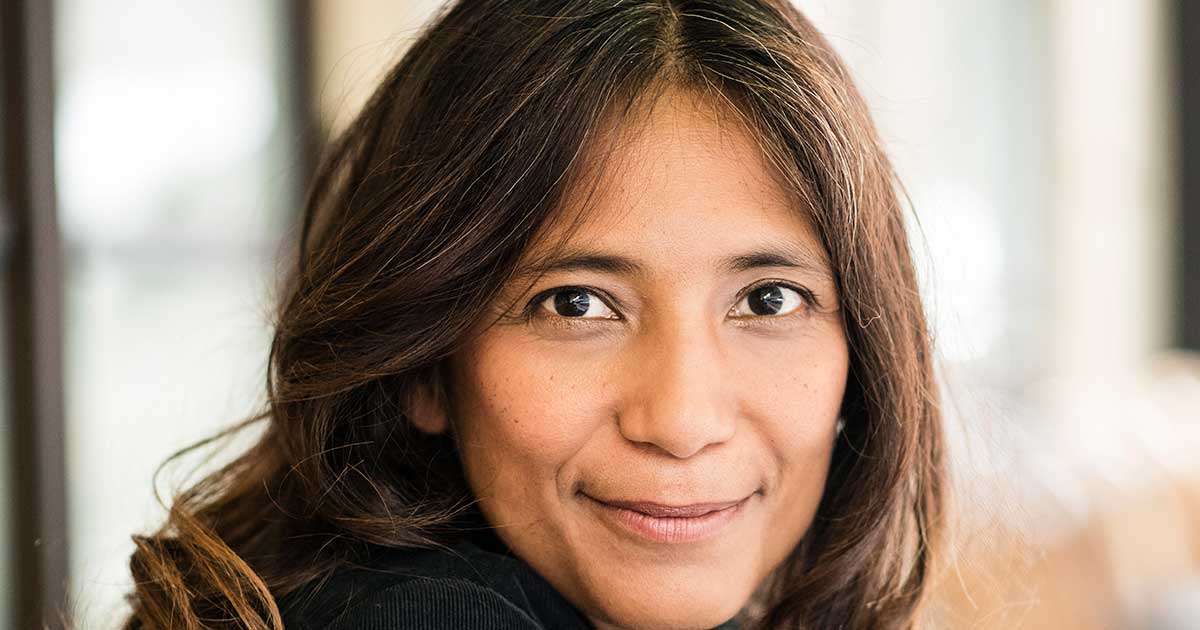
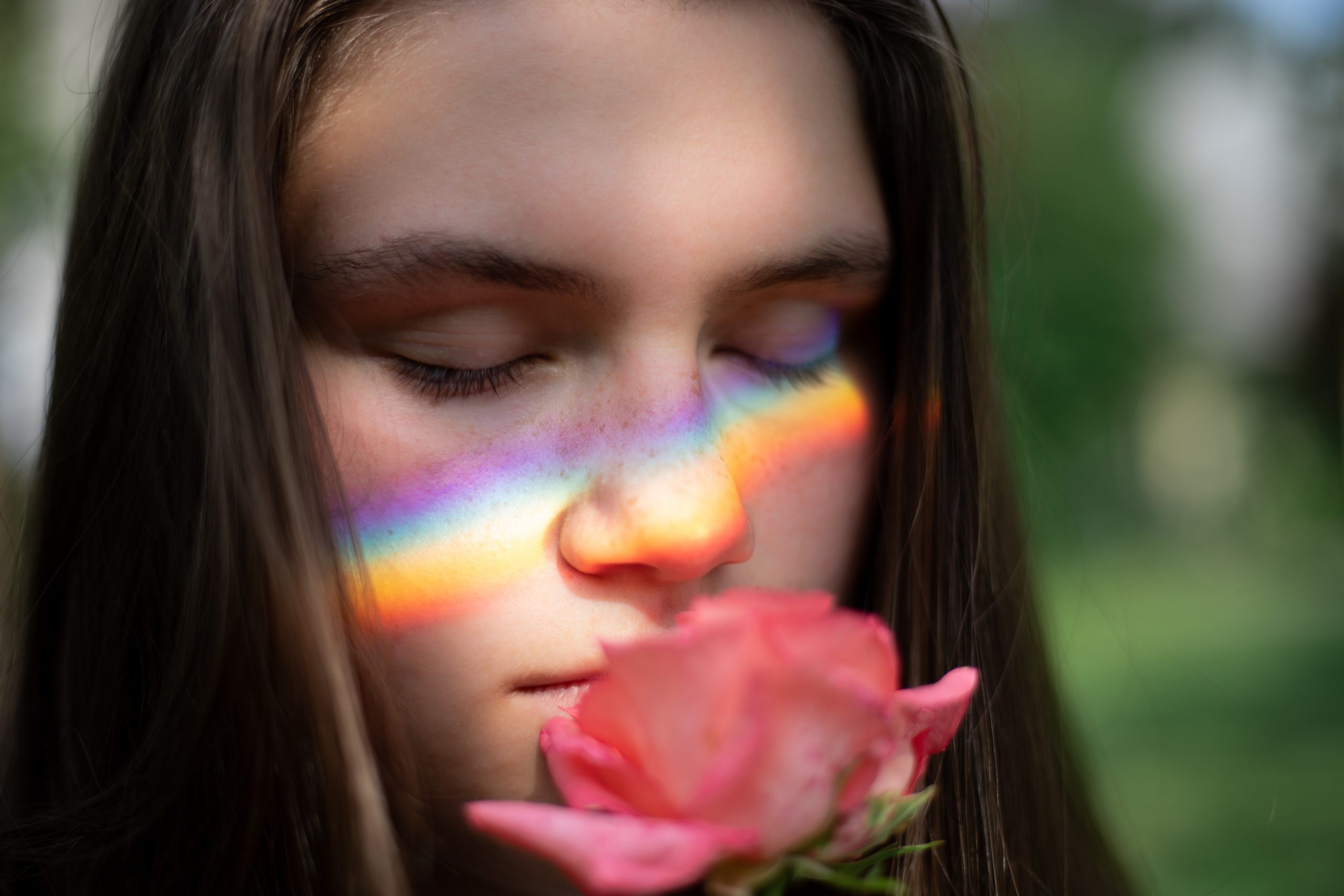
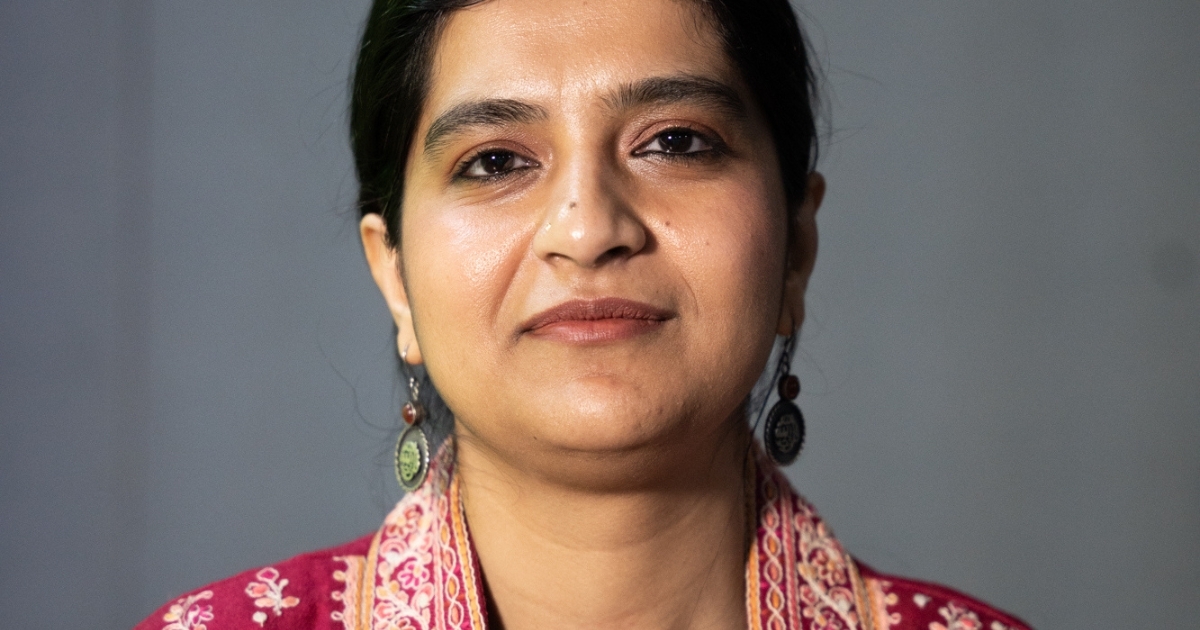
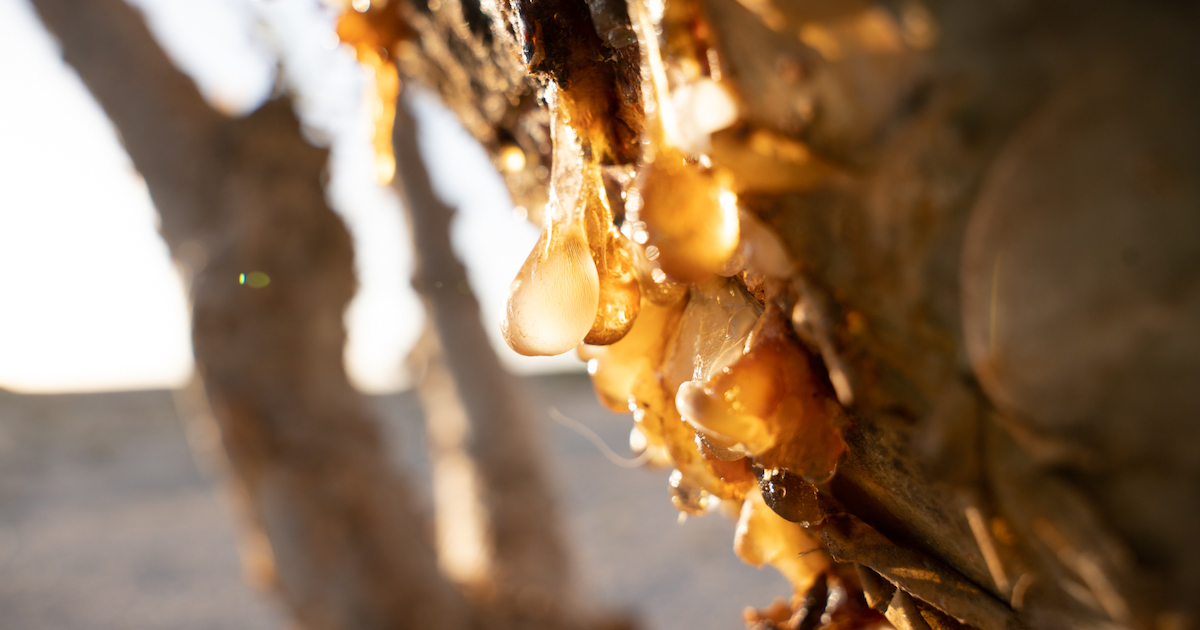
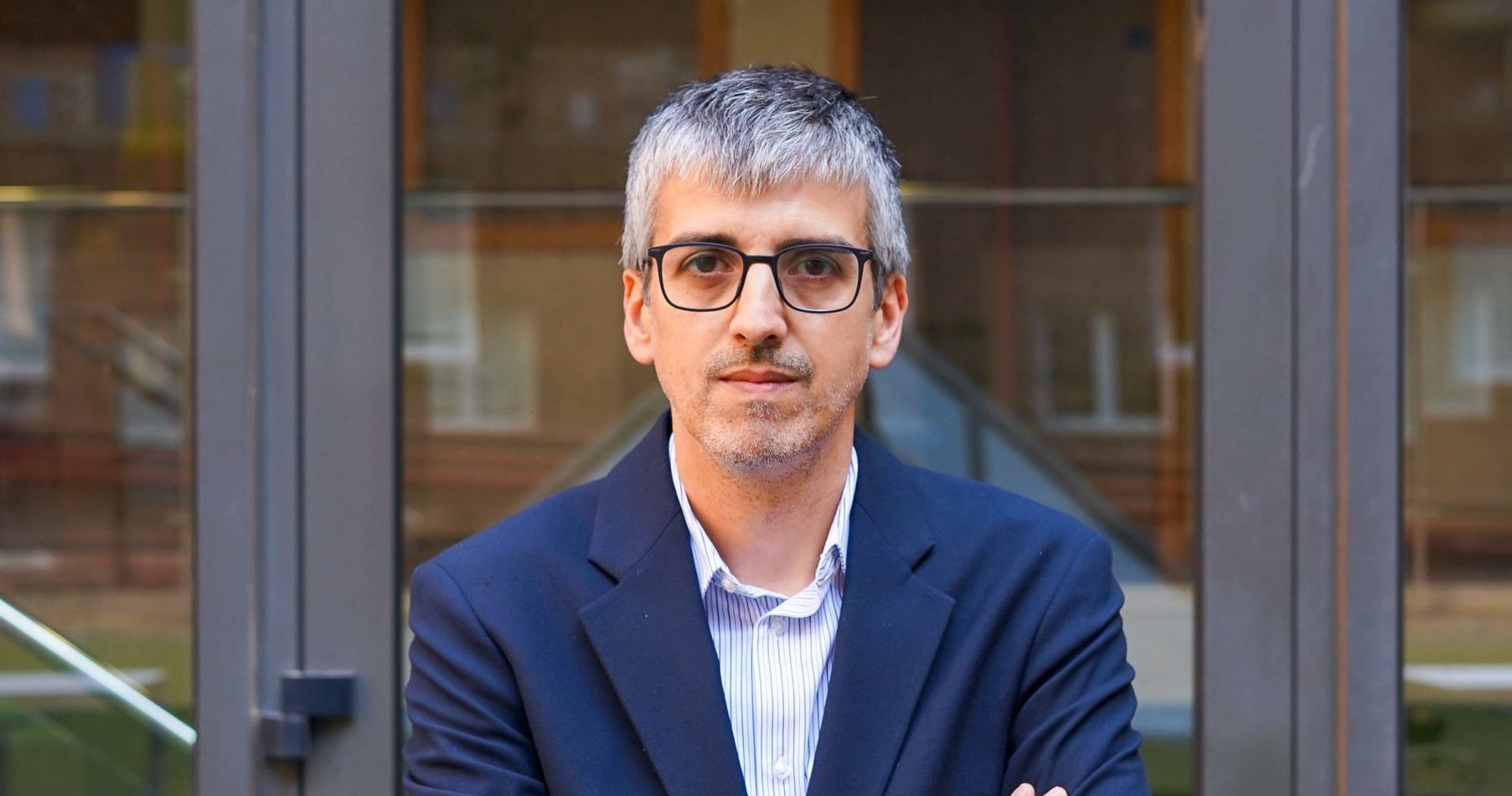



Comments